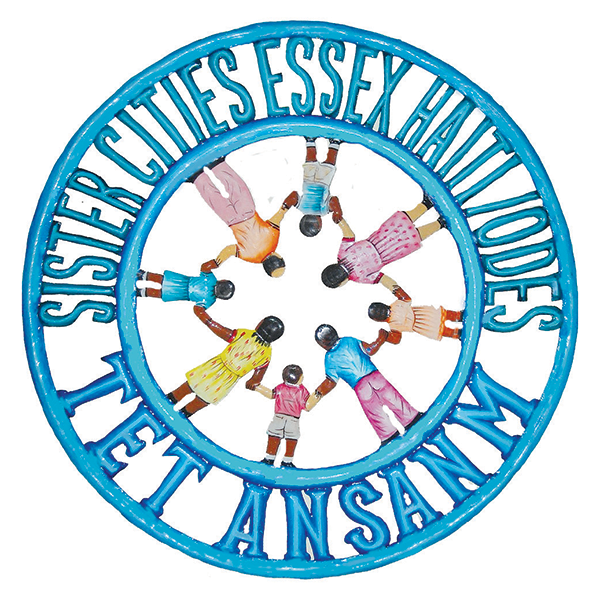Teacher Training Update: June 2012
Jenifer Grant, Diane Huot, a first grade teacher in New Haven who has joined our EETT efforts, and Anny Frederique met with the EETT teachers on Sunday evening to discuss Diane’s and Anny’s visits upcoming visits to the schools. The schools are slowly integrating the manipulatives as well as story time in their curriculum. They […]
Early Education Project Update: April 15, 2012
From April 9-13, 2012, we held the first session of the Early Education Project with directors and teachers of three schools in the area of Deschapelles who teach 3-6 year old children. “We” were myself (Jenifer Grant), Vera Dowell, Jenny Miller and Janine Fraser, all of whom have close ties to Hôpital Albert Schweitzer, have […]
Early Education Update: October 22, 2011
On my recent visit to Deschapelles, I was accompanied by Vera Dowell, wife of former HAS Pediatrician, then Medical Director over a period of many years. She has a MSEd from Bankstreet College of Education and has taught in Haiti as well as other places. Before my departure I had an opportunity to meet with […]
The Early Education Project
In August 2011, ODES and the SCEH Executive Committee approved an application from three directors of schools in Deschapelles serving young children for an Early Education Project. While it is still in the early planning stages, the mission of the Project will be to enhance existing curricula, introduce hands-on manipulative educational materials important to cognitive […]
